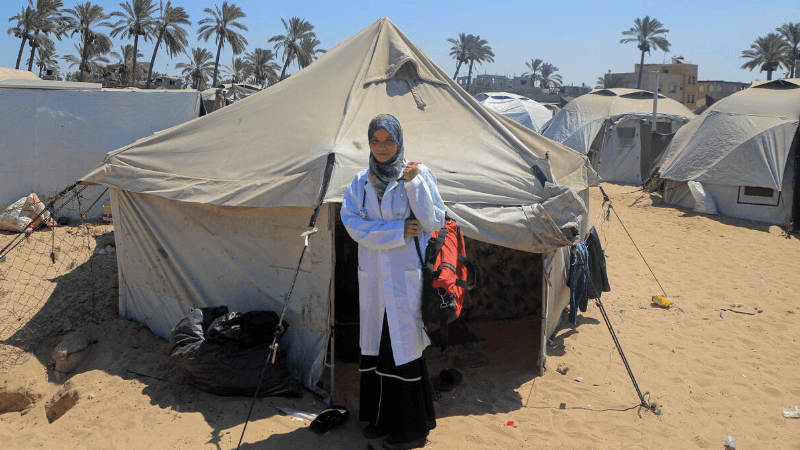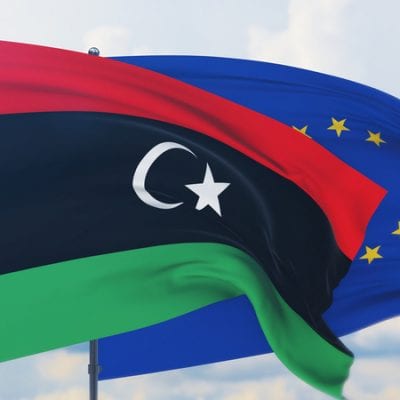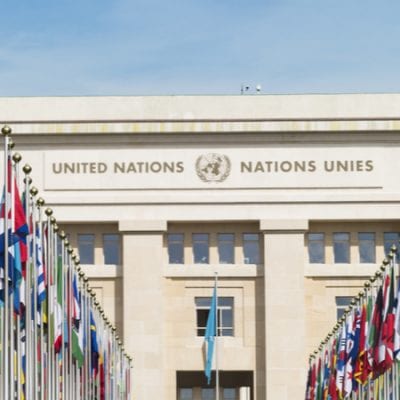Women in Gaza’s Tent Camps Face Struggles and Lack of Privacy

Overcrowded tent camps now dominate the Gaza landscape, a grim reality for countless women displaced by ongoing conflict. Dignity and even privacy are constant challenges in a battle to rebuild something if there ever was a home and family. Women struggle with the challenge of living with extended families and strangers making even the simplest routines a source of distress.
Maintaining modesty is an uphill battle. Many women wear prayer shawls all the time not just to keep their religiosity intact but to preserve their dignity in such a cramped condition. It has become a round the clock affair due to the absence of private spaces since tents are shared with men and other families.
The harsh conditions in the camps make their ordeal worse. Food, water and sanitation are scarce. Most women cut up old clothes as they do not have proper toilets and hygiene products. A sanitary pad is a luxury few can afford as prices have skyrocketed. The use of makeshift toilets is often a hole in the ground surrounded by blankets shared among dozens of people which provide little security or cleanliness.
Winter’s onset only makes the situation worse. The dampness and cold make life even more unbearable by making women feel exposed and vulnerable. Many have to choose between food and essential hygiene items which no one should have to do.
According to the United Nations, there is a pressing need for over 690,000 women and girls in Gaza to receive menstrual hygiene products, clean water and functional toilets. Aid organizations are struggling with this vast demand. Suppliers are still waiting at border crossing points to enter into Gaza because restrictions continue blocking supplies from reaching those most in need.
In light of this deepening crisis, women in Gaza face massive displacements day in and out as their suffering in a situation so devastating brings hope to restore dignity and respect basic rights through sustainable solutions.




